|
Observation Parents regularly experience conflicting emotions. That's part of life. Good friends and supportive relatives listen sympathetically when we describe lumps in our throats after watching our child walk into a school for the first time, getting behind the wheel of a car for the first time, bounding into a college dorm after a holiday weekend, or accepting a job far away from home (or at least that place they used to call home). These people understand that while we may have fought back tears, we're also swelling with pride. We wouldn't have it any other way. These milestones mean that we've done our jobs, and truth be told, we fear the alternatives. Being able to experience sadness and joy at the same time proves that we're alive and that we have feelings. It's normal. So it is with great enthusiasm that I report on a growing trend I've noticed among young working parents; they seem very comfortable saying things like, "I was so sad when I dropped him off at daycare for the first time this morning, and it was so great to see my co-workers again after being gone for so long." Not so long ago it wasn't OK to express these conflicting emotions. But apparently now it is. That's progress!
Related stories:
0 Comments
Pointer to fascinating research about parenting and judging parents
When our kids were growing up they flew alone from Denver to Detroit every summer to visit their grandparents in the Mitten State. They took their first trips when they were seven and eight and were so intent on going alone, they insisted on being there different weeks. Maximizing a rare chance for some undivided attention was probably their primary motivator.
Most of our friends and co-workers knew about the ritual, and I distinctly remember the time one of my co-workers, my manager actually, told me, "I would never let my children travel alone on a airplane." Apparently she wasn't impressed with our attempt to foster a strong sense of independence in our kids while ensuring some quality time with Grandma and Grandpa. Instead, she thought we were putting them at great risk. And I assume she thought the risk was greater than any potential reward. This memory was triggered recently when a friend pointed me to an article written by Tania Lombrozo that was published on the NPR web site in 2016. It's called "Why Do We Judge Parents For Putting Kids at Perceived - But Unreal - Risk?" and references research* published in the open access journal Collabra. The article and research provide really fascinating, and sometimes surprising, information about how we perceive various risks parents take, and it draws attention to some thought provoking ideas like the following:
Working parents need to make a lot of deliberate decisions about childcare, and this article makes it clear that society judges those decisions ... sometimes harshly. And sometimes unfairly and ignorantly. This article will get you thinking, hard, about making decisions that will help your children both short-term and long-term. It may build your confidence in terms of decisions you've made or are making. Or it may cause you to question some decisions. Either way, it'll make you think. File this story under "Fresh Thinking". And at least try to skim the article. It's really fascinating.
* More about the research: It included a series of clever experiments written by authors Ashley Thomas, Kyle Stanford and Barbara Sarnecka. They found evidence that shifting people's moral attitudes toward a parent influences the perceived risk to that parent's unattended child. Learn more.
Movie Review: RBG
According to the new movie RBG, both Ruth Bader Ginsburg and her husband, Marty, were rocking Working Parent roles back in the 1950s. And this documentary shows that they were doing surprisingly more than that at the same time.
Readers outside the United States may not be familiar with Ruth, who is sometimes referred to as "RBG" (her initials) as an affectionate term of endearment. She is one of nine justices on the US Supreme Court and has developed a fan base recently. It wasn't my idea to see this movie; my husband suggested it. But we both enjoyed it a lot. And apparently we're not alone; the reviews are overwhelmingly positive. The movie is informative, educational, funny, sad, frustrating and more. At one point in the movie, Ruth makes the claim that being a parent actually enhanced her ability to succeed by providing an advantage not available to her parentless classmates and colleagues. Like other stories we share on this site, a case is made within the movie that both Marty and Ruth encouraged and engaged each other in significant ways that helped them as parents and on the job. We won't share any more, because we don't want to spoil the story or give away the ending. But trust us when we tell you that we think you'll enjoy the show. And at the very least, be sure to watch the trailer.
Inspired by a Freakonomics podcast: What Can Uber Teach Us About the Gender Pay Gap? The gender pay gap gets a lot of attention. Many theories try to explain why it exists. While many spend time speculating and theorizing about it, the folks at Uber have gathered data that provides new insights. People who value fair pay, including working parents, are likely to find this info pretty interesting. (And those who want to dig deeper into the data can listen to the Freakonomics podcast: What Can Uber Teach Us About the Gender Pay Gap?) Some believe that the gender pay gap could be reduced if workers had more flexible work hours. Uber offers its drivers total flexibility when it comes to hours worked. Some assert that those who control pay have unconscious (or conscious) biases that result in men being paid more than women for the same work. Uber pays drivers using a gender-blind formula based on the length of a ride in miles and minutes. Additionally, the fare (which determines pay) may include "multipliers" based on customer demand at any given time. Uber's pay structure is based solely on services provided, and it's non-negotiable. Some think that hiring can be a biased process, and we agree. At Uber work is assigned via an undeniably gender-blind process. This means that Uber is able to provide driver pay data that is virtually devoid of gender biases. As you might imagine, researchers were eager to sift through this data. And, for a variety of reasons, they expected women Uber drivers to out-earn men by just a little or at the very least to earn the same amount as men on an hourly basis. But guess what? That's not happening. The data shows that men make about 7% more per hour (on average) for doing the exact same job. And remember, this is in a setting where work assignments are made by a gender-blind algorithm, and the pay structure is tied directly to output and is non-negotiable. Interestingly, this 7% pay gap aligns with gender pay gaps uncovered by other studies within other work environments. So how do they explain this?! Before jumping to the answer, it's worth noting that the volume of data available for analysis was huge; 25M driver-weeks across 196 US cities over 22 months (June 2015 - March 2017). It included >1.8M drivers and >740M Uber trips. As the researchers dug deep into the data, here's what they found:
So while women have every opportunity to earn just as much as men when they're Uber drivers, the choices they make are lowering their average income slightly. In a nutshell, choices have consequences. This info is compelling for working parents because it makes it really clear that career choices always have consequences. A decision to opt out of the workforce, for even a relatively short period of time like a year, can have lasting consequences. Usually we understand that and are happy to live with the consequences. But sometimes people don't understand that even a short "break" from the workforce in the early years of a career will result in unexpected and significant consequences (not to mention frustrations) down the road. Working while raising kids is hard, but this data shows that those who figure how to make it work are more likely to find themselves satisfied over the long run if equal pay is important to them. We probably shouldn't be surprised to learn that Uber and the researchers have just confirmed that experience matters and hard work pays off.
|
The StoriesArchives
March 2022
Categories
All
|
Photos from barnimages.com, marcoverch, truewonder, donnierayjones, marcoverch, shixart1985, Gustavo Devito, edenpictures, nan palmero, quapan, The Pumpkin Theory, bark, opassande, Semtrio, Ivan Radic (CC BY 2.0), verchmarco (CC BY 2.0), Didriks, shawnzrossi, shixart1985 (CC BY 2.0), madprime, marksmorton, CT Arzneimittel GmbH, NwongPR, franchiseopportunitiesphotos, anotherlunch.com, jdlasica, wuestenigel, Frinthy, romanboed, Doris Tichelaar, quinn.anya, A_Peach, VisitLakeland, MEDION Pressestelle, Darren Wilkinson, bratislavskysamospravnykraj, Anthony Quintano, Danielle Scott, pockethifi, Bridgette Rehg, Martin Pettitt, PersonalCreations.com, wuestenigel, Thad Zajdowicz, archer10 (Dennis) 139M Views, Infomastern, beltz6, The National Guard, futurestreet, daveynin, OIST (Okinawa Institute of Science and Technology), Rinet IT, shixart1985, mikecogh, JeepersMedia, Ryan Polei | www.ryanpolei.com, Jake.Christopher., aleksandrajovovich, thepeachpeddler, wwward0, flossyflotsam, Got Credit, Senado Federal, Corvair Owner, lookcatalog, moodboardphotography, dejankrsmanovic, Carine fel, ElleFlorio, {Guerrilla Futures | Jason Tester}, greg westfall., Arlington County, mariaronnaluna, quinn.anya, wuestenigel, Tayloright, insatiablemunch, MrJamesBaker, Scorius, Alan Light, Monkey Mash Button, www.audio-luci-store.it, wohlford, Vivian Chen [陳培雯], okchomeseller, BoldContent, Ivan Radic, verchmarco, donnierayjones, Czar Hey, US Department of Education, Andrew Milligan Sumo, Michel Curi, anotherlunch.com, ProFlowers.com, Cultural viewpoints from around the world, alubavin, yourbestdigs, Rod Waddington, Tayloright, Wonder woman0731, yourbestdigs, donald judge, Thomas Leth-Olsen, Infinity Studio, shixart1985, wuestenigel, francesbean, Roger Blackwell, MrJamesBaker, Luca Nebuloni, MFer Photography, erinw519, boellstiftung, North Carolina National Guard, A m o r e Caterina, MrJamesBaker, bellaellaboutique, Free For Commercial Use (FFC), Prayitno / Thank you for (12 millions +) view, wuestenigel, Matt From London, MadFishDigital, Kompentenzzentrum Frau und Beruf, mikecogh, CreditDebitPro, marciadotcom, Mr.Sai, _steffen


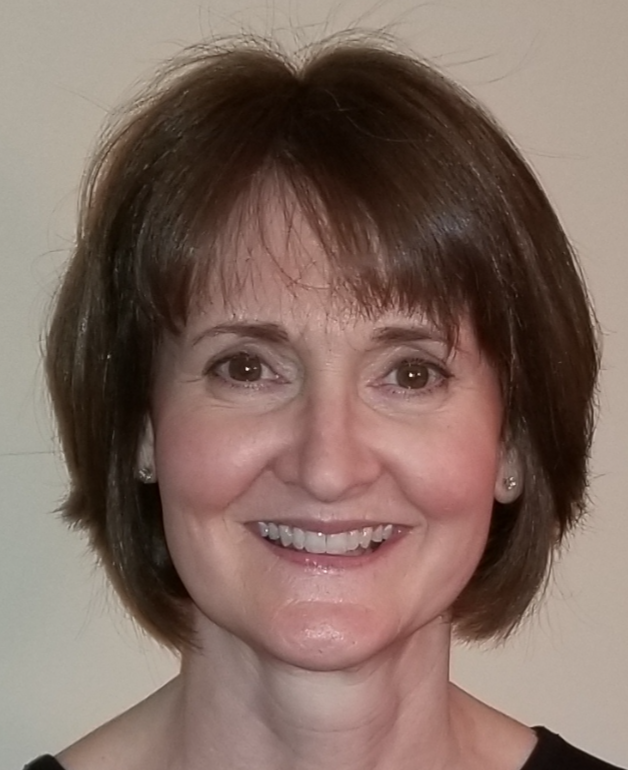



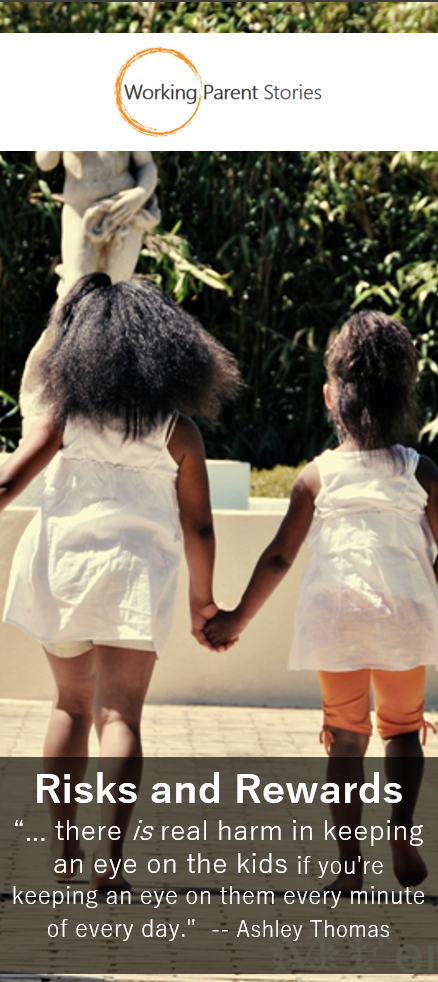

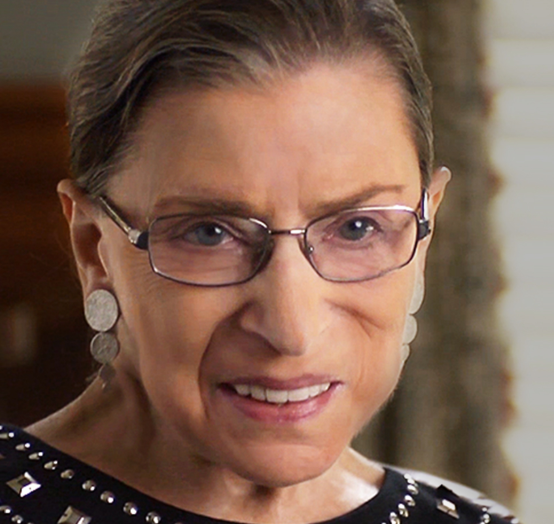

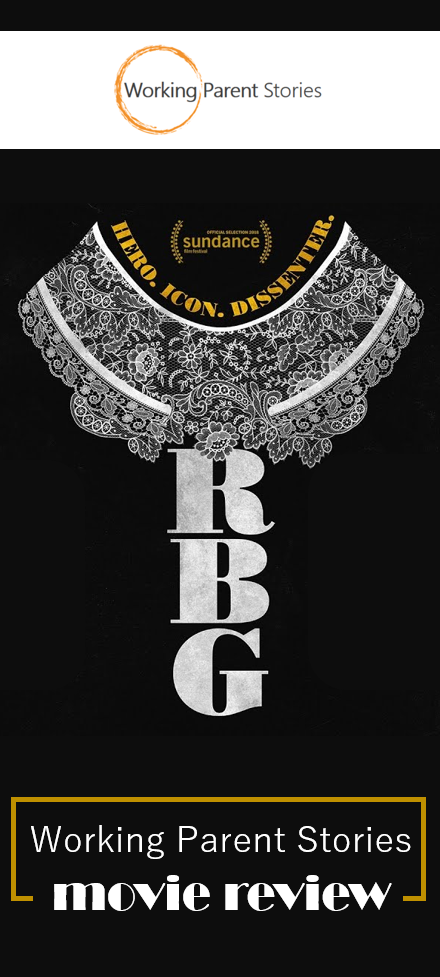
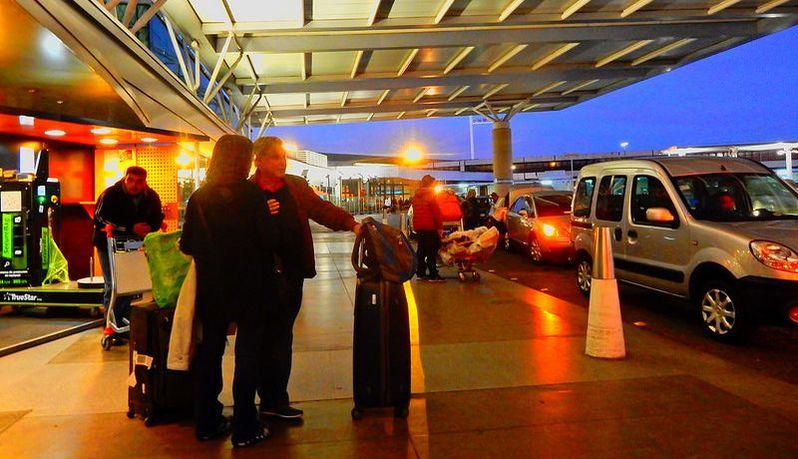

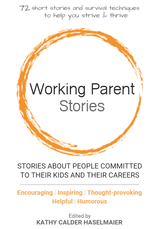
 RSS Feed
RSS Feed